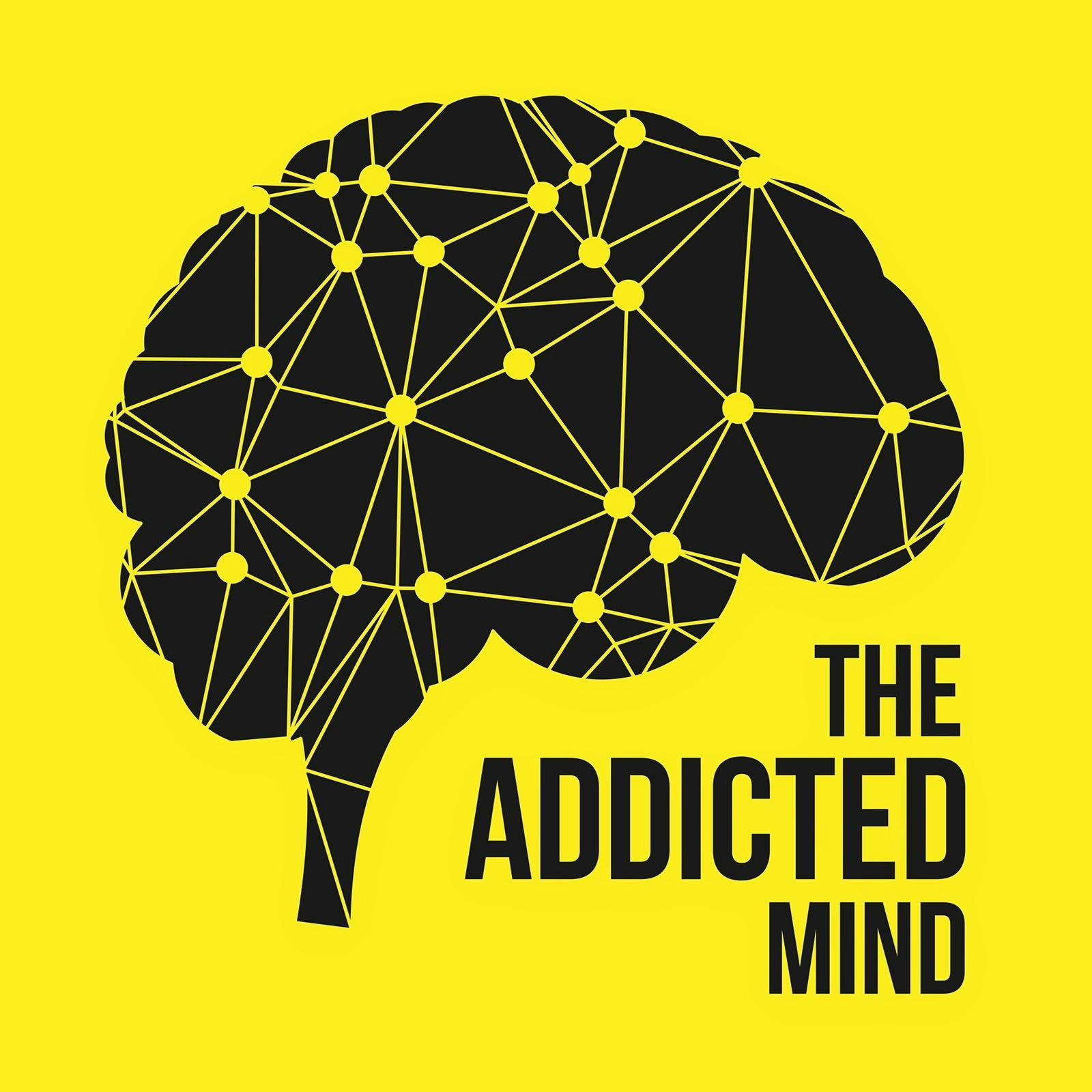REPLAY: Figuring It Out – The Power Of Psychological Assessments with Dr. Tracy Zemansky
Description
We have a fantastic guest today. Dr. Tracy Zemansky is here to speak about the fascinating topic of psychological assessment, and how it can help you or your client on a journey of healing. What is a psychological assessment? It’s not what we typically see in the movies. It is a way of evaluating a particular part of an individual and trying to understand it more. To get as much information as possible psychological tests, interviews, questionnaires, behavioral observations, and sometimes collateral interviews, which are interviews with people who know the individual well, are used.
Tracy explains how this process is like being a detective looking into someone’s personality. Searching with the client, and possibly their therapist, at any concerns that may be getting in the way of their goals. We give the example of a client who is stuck and may not be able to gain long-term sobriety, or they may not be able to form the long-term relationships they want. Going through the process of psychological assessment may help to find more details that can be helpful.
The tests Tracy uses differ significantly from client to client. A psychological assessment for a client who is working on their relationship difficulties would look very different from a client who is, for instance, struggling with alcohol addiction. Each assessment is created for the individual client. These tests can be anything from true or false or multiple choice questions which are scored by mathematical algorithms, to Rorschach-style inkblot tests to observe how the client reacts to the unknown, and it is also scored in a particular way. How the client interacts in the room during the test is helpful as well.
The results of these tests, the behavior of the client during testing, and what they and their therapist say are all used to getting a broad and revealing picture for the assessment. Psychological testing cannot predict the future and cannot tell us what caused our pasts. But testing can help us make links which can be useful in therapy. Setting concrete goals and asking questions that can be answered is essential. Going through a psychological assessment and getting this level of detail can help you set out a roadmap to pursue the life you want in recovery. It can speed up the therapeutic process by pointing out the roadblocks that have been in your way. Resources:
Follow and Review:
We’d love for you to follow us if you haven’t yet. Click that purple '+' in the top right corner of your Apple Podcasts app. We’d love it even more if you could drop a review or 5-star rating over on Apple Podcasts. Simply select “Ratings and Reviews” and “Write a Review” then a quick line with your favorite part of the episode. It only takes a second and it helps spread the word about the podcast.
Supporting Resources:
http://www.drtracyzemansky.com/
NovusMindfulLife.com
Episode Credits
If you like this podcast and are thinking of creating your own, consider talking to my producer, Emerald City Productions. They helped me grow and produce the podcast you are listening to right now. Find out more at https://emeraldcitypro.com Let them know we sent you.
Learn more about your ad choices. Visit megaphone.fm/adchoices
More Episodes
Ever wonder why two people can experience the exact same event but walk away with completely different emotions?
In this fascinating episode of The Addicted Mind Podcast Plus, hosts Duane and Eric Osterlind dive into the science of optimism and reveal how our attention shapes our reality. They...
Published 11/14/24
Published 11/14/24
Renowned behavioral neuroscientist Judy Grisel joins us for an eye-opening conversation on addiction and recovery. Judy shares her compelling journey from grappling with substance abuse as a young teenager to becoming a leading expert in addiction neuroscience. Her book, "Never Enough: The...
Published 11/09/24


